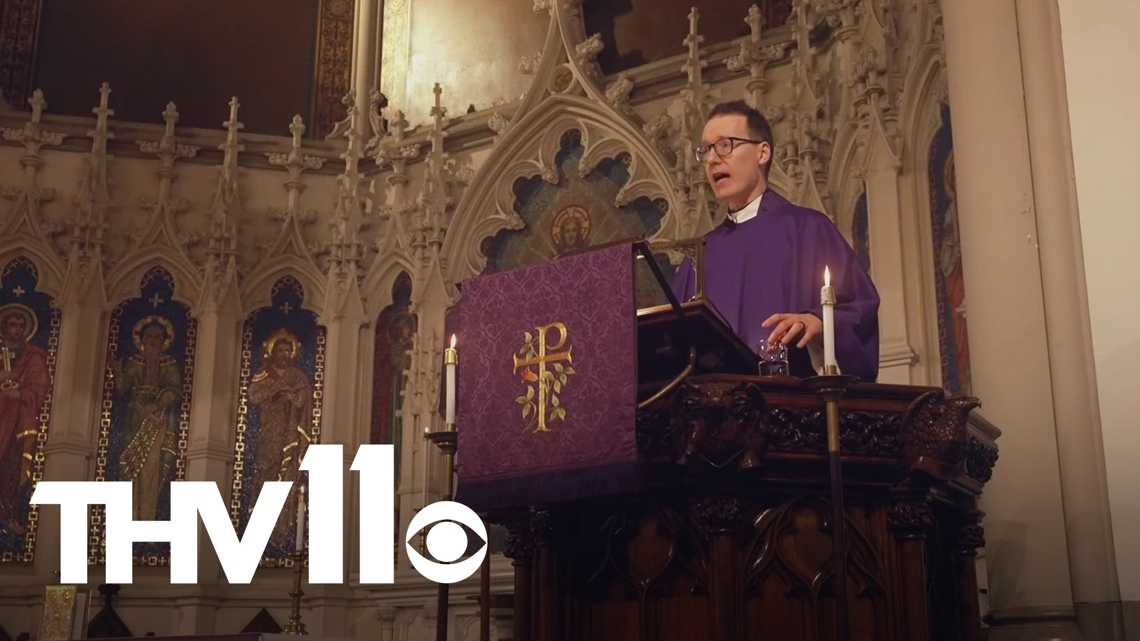Faith in Flux: How Americans Are Reimagining Spirituality in the Digital Age

A Shifting Spiritual Landscape: Americans' Changing Relationship with Religion
The religious fabric of American society is undergoing a profound transformation. Recent studies reveal a fascinating trend: while belief in a higher power remains strong, traditional religious institutions are experiencing a significant decline in participation.
More Americans than ever are describing themselves as spiritual but not religious, signaling a nuanced approach to faith. This shift suggests that people are seeking personal, meaningful connections to spirituality outside the structured framework of organized religion.
The data paints a compelling picture of a society in spiritual evolution. Individuals are increasingly crafting their own spiritual paths, drawing inspiration from multiple sources and embracing a more individualized approach to understanding life's deeper questions.
This trend isn't about abandoning faith, but rather redefining it. People are exploring spirituality through meditation, personal reflection, community engagement, and diverse philosophical perspectives that resonate with their individual experiences and values.
As traditional religious boundaries blur, Americans are demonstrating a more fluid and personal understanding of spiritual connection—a reflection of a broader cultural movement towards individual authenticity and personal meaning-making.
